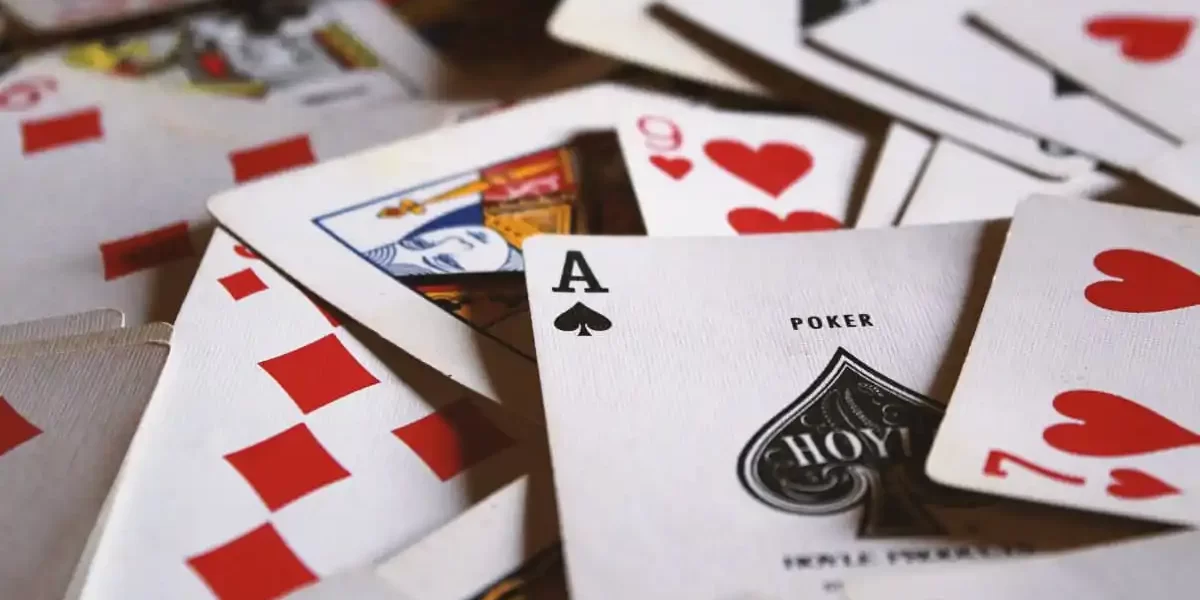Rummy is a ranking card game that requires both skill and strategy, with a little luck to keep things interesting. Different variations include points rummy or pool rummy. However, the classic card game itself is designed to give you a fun, entertaining, and enjoyable experience.
Gin rummy is sociable and relaxing, along with being a strategic game that teaches a player to think ahead and solve a the problems on his or her mind. It’s lots of fun to do it online since the competition is doubled.
Rules
Rummy is a card game in which the players arrange 13 cards into groupings called melds of valid sequences and sets. According to the official rule, at least two pure sequences and one set are needed for you to declare a winning hand.
For a rummy player, the odds of finishing off all one’s live cards would improve if one pares away from one’s hand whatever does not fit into a set or sequence. Besides, discarding would reduce the number of high-value cards in one’s hand, which may once again contribute to bringing down the penalty for unfinished cards (gopi) that other players could award to whoever closed the round of play.
Watch the discards to see what other players are attempting and what runs or sets may be forming.
Variations
With rummy card games, there is such a wide variety of game play that certain sets of cards require a specific grouping or number of groups to make a meld, other sets require a set of three of a kind, and there are also sets that have penalties for showing the wrong set of cards.
It’s becoming more popular for players to play Pool Rummy, which involves competing to rake in the money possible in one round of play. A round usually lasts a few minutes, and each player can choose: attempt to win money by turning as many points possible, or increase their money by winning during other competitions.
Dummy Rummy takes two regular decks of 52 cards, with a ‘handed out’ card substituted for each blank two, add four jokers (the blank two is a Wild Card) and ran 108 cards.
Strategy
Rummy demands a knowledge of the rules and a superior strategic ability. A sound strategy for success incorporates sets and runs — runs are combinations of three cards of the same rank; sets are a combination of three or more cards of the same suit.
While playing rummy, just keep a mind to form middle-card sequences; that way, your opponents will not be able to guess accurately about move you are going to make and you can easily pick out the way of selecting the card. Just keep track of the card your opponents pick or discard in the turn if need, that depends on the need of the card you are collecting.
Card deal
In Rummy, that is what we call ‘card deal’ because what the card deal ‘delivers’ is the ability to make melds – sets or runs of at least three cards of the same suit or of the same rank, respectively – giving you that edge and winning games of Rummy for you. A good card deal gives you this edge.
In Rummy, players arrange runs and sets of cards from a deck of 52 playing cards in a regular deck, and compete to form runs and sets of their cards using a regular 52-card deck. The goal is to reach a score of one’s cards by adding them up – an ace is worth one point; face cards are each worth 10 points; and the number of cards represents its face value. The game is won through several strategies including a Gin or Knock.
Discard pile
The discard pile is a set of cards you no longer want in your hand, made up of the most recently played hands and now stacked up face up between the winner of the hand and the person to his or her left. You occasionally take one card off the top of the pile: it must match (in shape or rank) two other cards in your hand to form one of your melds.
Directly above a discard pile is open information; abilities are the only things allowed to alter this pile. A player may only use this ability once per turn; not more than once during any given gameplay session.
Examples of Discard Piles include any areas or stacks on a gaming surface that form dedicated spaces (typically off the main play area) or stacks used to store cards or other game elements that have been used (often used to keep track of elements that can’t be reused), or that are used to inform players about the state of the game.






